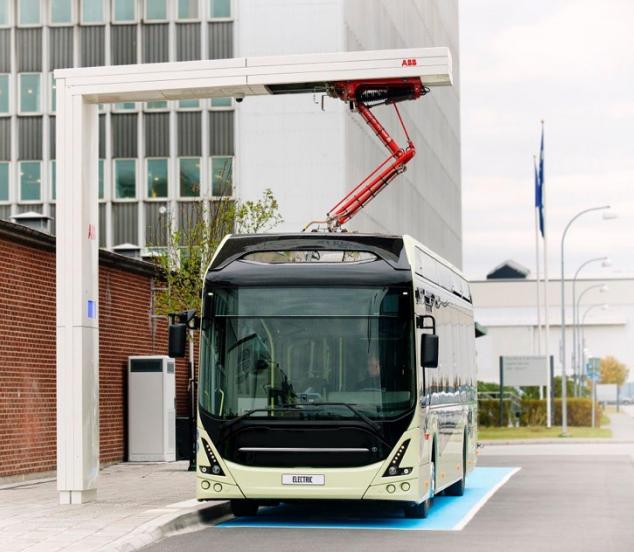1/3/2025
Greenwashing and the Climate Crisis: Unmasking Corporate Deception

Leor Hersh
Founder and Writer
Companies shift climate goals to consumers. This post examines two examples to provide insight into a broader, systemic issue.

Let’s first understand the basics. I’ve often heard many words and phrases related to the concept of climate change being thrown around, such as “climate transition”, “environmentally friendly”, and “green products.”
Many phrases related to a healthier world are frequently overused and lose their intended meaning over time. This can raise concerns when companies attempt to alter their labels to present themselves as a more viable product because they “help save the world.”
Let’s take the megacompany Coca-Cola as an example. Since their founding in 1886, they have used very clever techniques to market their drink worldwide. In recent years, sustainability marketing for companies has become necessary to appeal to customers and comply with certain climate standards. However, these statements about sustainability are often flawed and don’t put the writing to work. Take the recycling sustainability promise by Coca-Cola: “We aim to help ensure the collection of 70% to 75% of the equivalent number of bottles and cans we introduce into the market annually by 2035.”
Breaking this down, there are multiple problems. According to the United Nations Development Program, only 9% of the world's plastic is recycled.
The global deception about plastic waste and recyclability has played well into the hands of large corporations, as they can use it to their advantage. Not only is Coca-Cola’s promise a deception, but it also requires customer involvement. They assume that citizens of countries will put their bottles into the right places, and only after that will they “help” collect around 70% of the bottles.
This isn’t only an issue with Coca-Cola. Companies try to push their climate goals onto customers to put off their issues, instead of directly dealing with any problems. This “loophole” from many giant companies will amplify the climate crisis in the coming years to levels we have never seen before.
This idea comes to light when we think of one of the industries most affected by the clean energy transition— oil and gas companies. Their main objectives are to keep their businesses booming, meaning putting in as much effort as possible to continue operations without stalling. This includes deceiving the public about their true intentions and spreading misinformation. ExxonMobil has been hit hard with constant backlash from climate change lobbyists and scientists alike. An environmentalist researcher named Geoffrey Supran concluded, “The takeaway message across all of our work is that over and over, ExxonMobil has misled the public about climate change by telling the public one thing and then saying and doing the opposite behind closed doors.” If companies like ExxonMobil feel entitled to do as they please, what stops other companies from doing the same? Regulations need to be adapted to punish companies like this. But as they continue to fund their advertisements to mislead people, that becomes more challenging.
While oil companies' intentions have been unpacked worldwide, we don’t yet know the repercussions. If all of the major industries that fuel the climate crisis continue to hide under their fake promises, what’s next? No one is safe from the effects, but the patterns point to money as both the cause and the answer. Companies are rooted in the idea that their short-term wealth is more important than the world's long-term health. Convincing people that their ways of acting in the world are difficult, and because of that, it’s necessary to create a better alternative solution. As much research has pointed out, clean energy is the right path to go down. But this costs a lot of money, both to create and implement. Little progress can be made without the important impacts of government action, something that needs to be a unified action.
This is a systemic issue that rises above these companies. Greed has defined much of the economy for years now, and it's showing in a big way. In the biggest worldwide crisis of our time, money is playing into the hands of people in power while the poorest suffer the most.
As we head into the start of 2025, there’s a lot of uncertainty about how the climate crisis will expand. Especially as different governments shift in new directions, there is no certainty about how things will play out. But hope is present in many ways. Hundreds of organizations are working tirelessly to fight against the climate crisis to bring the world a better place. Optimism is in the air despite the constant news headlines of another rampant hurricane, wildfire, or famine. The future remains limitless, and youth have a special angle on this problem. It is never over…





